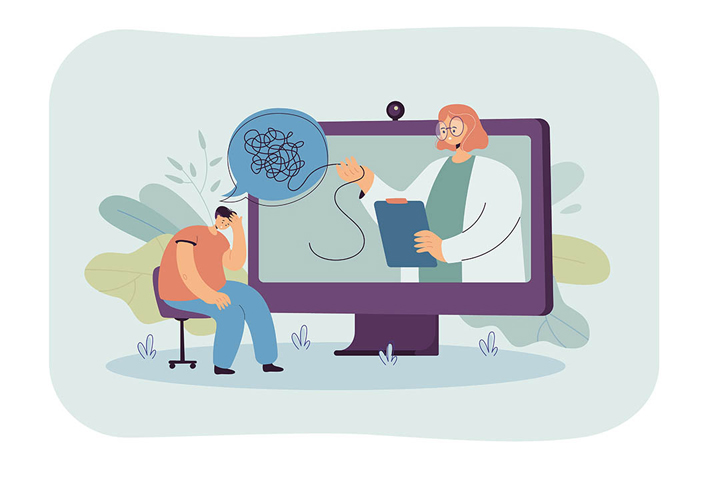
The Evolution of Mental Health Platforms
In recent years, the landscape of mental health support has undergone a significant transformation. Mental health platforms have emerged as crucial resources, offering diverse services and innovative solutions to address mental well-being.
Accessible Support Networks
Mental health platforms provide easily accessible support networks. These online platforms offer a variety of services, from connecting individuals with licensed therapists, counselors, or psychologists to providing peer-to-peer support groups and educational resources.
Digital Therapy and Counseling
One of the key features of mental health platforms is their provision of digital therapy and counseling services. Through secure video calls, chats, or messaging, individuals can access professional guidance and therapy sessions from the comfort of their homes.
Personalized Mental Health Tools
Many platforms offer personalized mental health tools. These include mood trackers, journaling features, mindfulness exercises, and self-help resources tailored to individuals’ specific needs, allowing users to manage their mental health proactively.
Telepsychiatry Advancements
Telepsychiatry services have seen a surge in popularity through these platforms. They facilitate remote consultations with psychiatrists, aiding in the diagnosis, medication management, and treatment planning for various mental health conditions.
AI-Powered Mental Health Solutions
Artificial Intelligence (AI) is being harnessed to enhance mental health platforms. AI-powered chatbots or virtual assistants provide immediate responses, guidance, and resources based on users’ queries, supplementing human-driven support.
Crisis Intervention and Support
Mental health platforms offer crisis intervention and immediate support services. They provide hotlines, text lines, or chat services available 24/7, ensuring individuals have access to immediate help during challenging times.
Educational Resources and Awareness
These platforms emphasize education and awareness. They provide articles, webinars, podcasts, and informative content to educate users about mental health conditions, reduce stigma, and promote mental health literacy.
Data-Driven Insights
Mental health platforms leverage data analytics to provide insights. They use anonymized data to identify trends, track user progress, and improve their services, ensuring more effective and tailored support.
Holistic Well-being Focus
Many platforms adopt a holistic approach to mental health. They offer resources on holistic well-being, including nutrition, exercise, sleep hygiene, and stress management, recognizing the interplay between physical and mental health.
Conclusion
Mental health platforms continue to play an integral role in fostering accessible, personalized, and effective mental health support. As these platforms evolve and innovate, they contribute significantly to promoting mental well-being globally.



